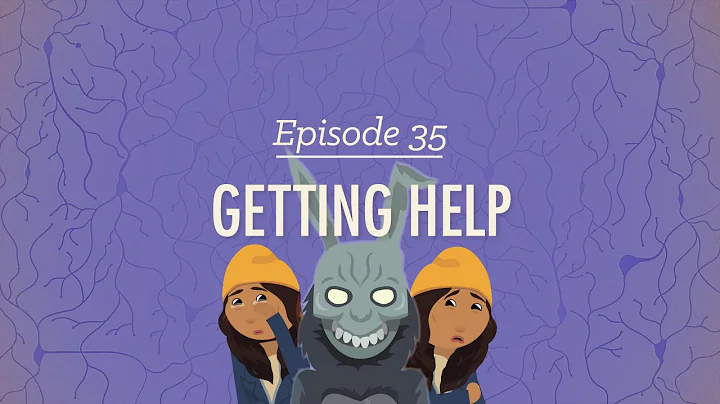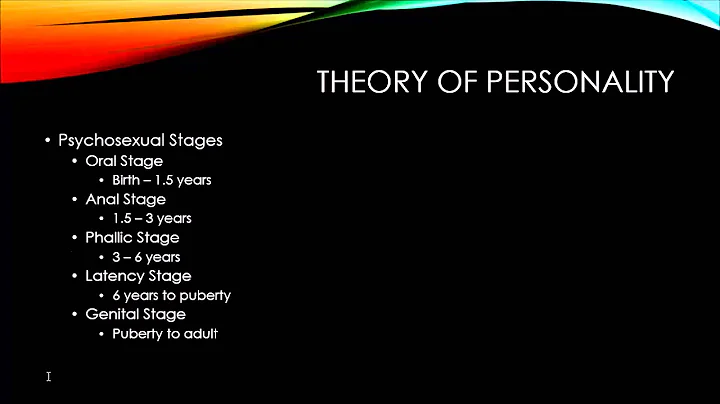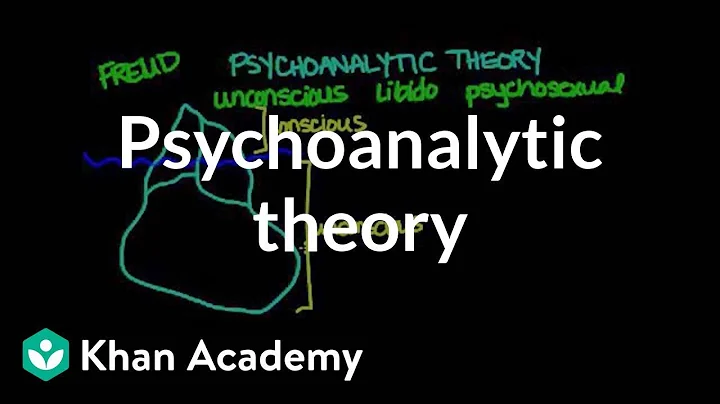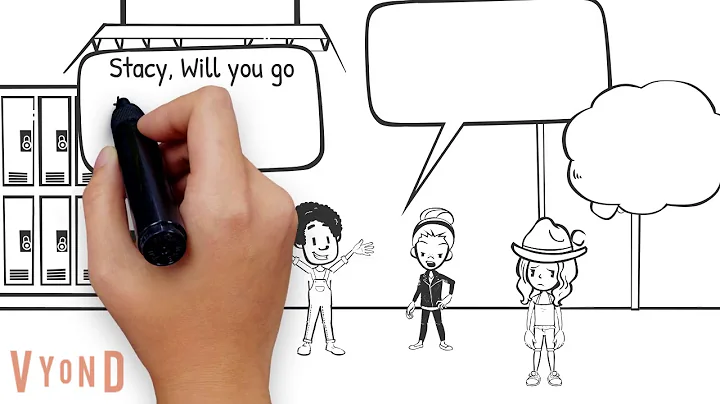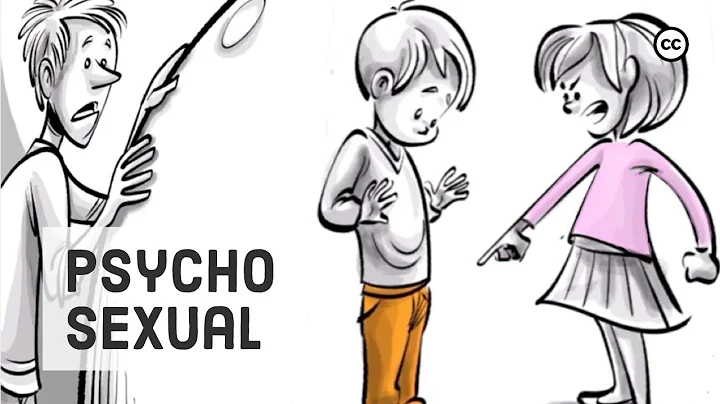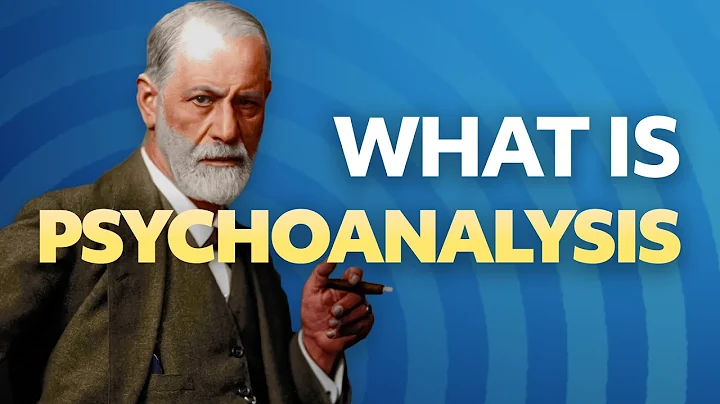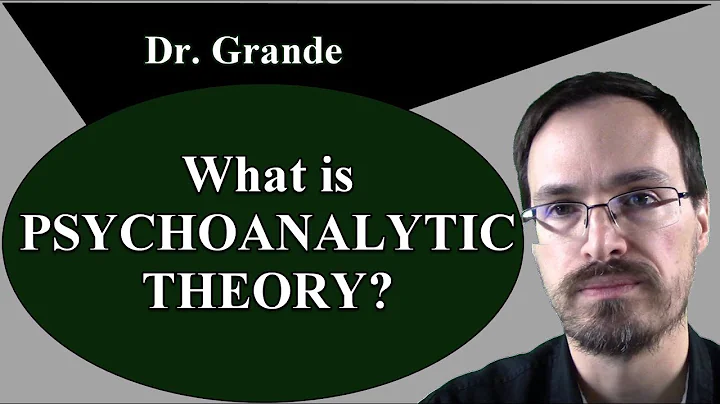
In the previous article, we talked about and let’s talk about psychoanalytic therapy (11) - Chinese understanding and understanding therapy
Since the author majored in RET, there must be many things that are not fully understood about psychoanalysis and understanding and understanding therapy. place, so today’s analysis and opinions are completely personal. Everyone is welcome to point out the shortcomings and communicate and discuss together to make progress together.
Analysis and views on cognitive comprehension therapy
Regarding the similarities and differences between cognitive comprehension therapy and psychoanalysis, this is my personal understanding.
Cognition and Comprehension Therapy:
1. Acknowledge that people have unconscious psychological activities, admit that some activities of people can be carried out outside of consciousness, and that they cannot understand the reasons for these activities, especially pathological behaviors.
2. Acknowledge the personality structure theory and admit that people unconsciously use psychological defense mechanisms to relieve or alleviate their own psychological conflicts and worries, including morbid fears.
3. It is recognized that patients with neurosis have two levels of benefits after getting sick, especially external benefits, which makes it difficult to treat this type of disease.
4. Acknowledge that life experiences in childhood, especially traumatic experiences, have an impact on the formation of human personality and can become the root cause of mental illness in adulthood. However, I do not agree that the Oedipus complex is a universal characteristic of human beings, nor do I agree that the root causes of various mental diseases are attributed to the crux of childhood sexual psychology.
5. I agree with the psychoanalytic view that the anxiety of various neurotic patients has antecedents of childhood anxiety, which is the root of adult anxiety. It is believed that the symptoms of obsessive-compulsive disorder and phobia are the psychological reappearance of past or childhood fears in adults.
6, Freud believes that sexual perversion is a direct manifestation of children's sexual desire and an abnormal sexual satisfaction for adults. I think there is some truth to this. Sexual perversion is a manifestation of adults using childhood sexual pleasure methods to solve adult sexual desires or relieve adult depression. This is something that I am not aware of.
7. Use easy-to-understand explanations that are consistent with the patient’s life experience so that the patient can understand, recognize and believe in the childishness, absurdity, and illogical characteristics of the symptoms and pathological behavior, so that the patient can achieve true understanding and make the symptoms disappear.
Judging from the above summary, there are many similarities and similarities between the perspective of cognitive understanding and the perspective of psychoanalysis. For example, it is believed that morbid behavior is caused by unconscious psychological activities, that morbid fear is a manifestation of psychological defense mechanisms, and that traumatic experiences in childhood may become the root cause of mental illness in adulthood.
At the same time, the two views have differences. Cognitive comprehension therapy believes that "symbolism" does not match the patient's symptoms, which is far-fetched. "Complex" cannot explain the problem, and it believes that "comprehension" is imposed on the patient by the counselor, etc. What the patient can understand is closely related to the counselor's point of view. The counselor's explanation is more important, and explanation is a weapon for psychological consultation and treatment.
From this point of view, the focus of his work is concentrated on the patient's conscious field, and he has completely ignored the work in the unconscious field. He does not search for "complexes" in the unconscious realm and does not allow patients to dig into their early life experiences. Rather, it guides patients to change their beliefs and understand themselves and their behaviors more correctly. Make the patient's cognition change, realize that the previous fear and anxiety are meaningless, the behavior is ridiculous and undesirable, realize that the logic and behavior of adults are different from the thinking and expression of children, and change them to achieve The purpose of treatment.
Thank you for reading, everyone is welcome to follow and like, thank you
